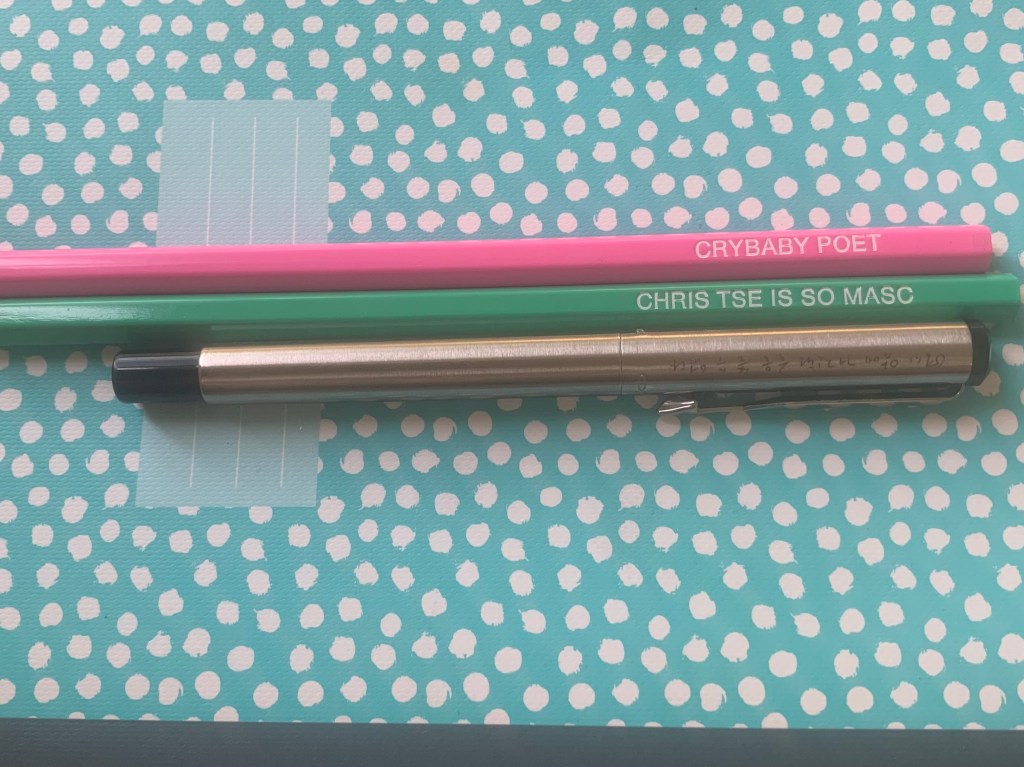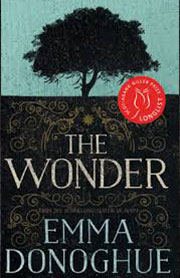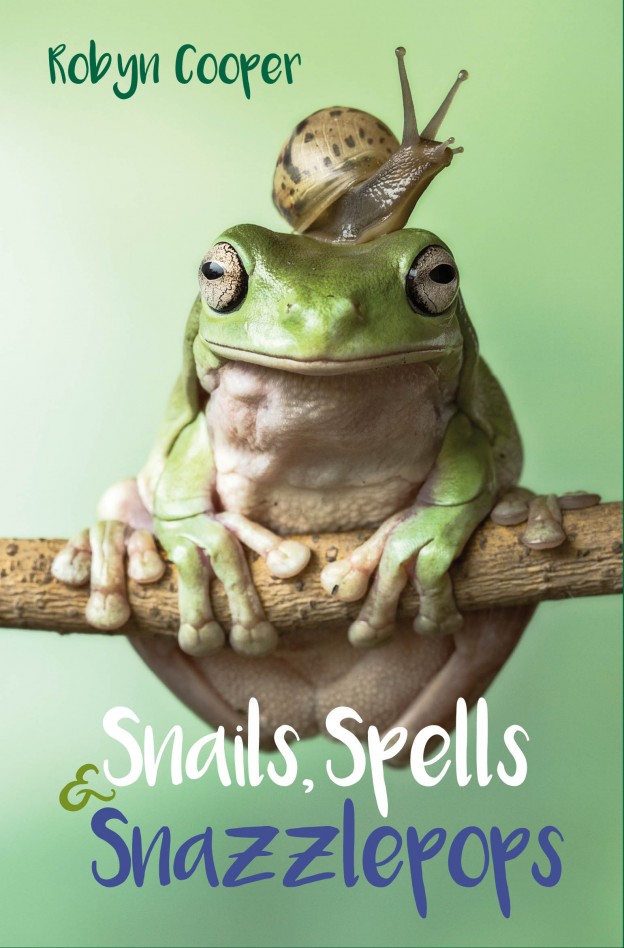What is a Memoir? This question came up at my book group a few years back after we had read A History of Silence by Lloyd Jones. I was complaining that after reading Lloyd’s story, I knew more about his family, but not as much as I had hoped about Lloyd. My fellow book group members disagreed with me. They vehemently defended Lloyd’s right to write whatever he wished in his memoir. Was I really wanting to read an autobiography? It sounds like a quaint term now doesn’t it? It used to be quite mainstream, but mostly now when we look for work about a writer, we find their memoir. The on-line Merriam-Webster, gives this definition of memoir a narrative composed from personal experience. This sure sounds like quite a bit of leeway.
More recently, at another book group, after reading Ashleigh Young’s Can you Tolerate this?, the question was raised ‘What’s the difference between an essay and a short story?’ As a writer of both essay and short fiction, I was taken aback to have this asked. It seemed to me to be self-obvious but then we began to discuss and I was left floundering a little, to substantiate clearly the actual difference. Of course, I expostulated, a short story may well be true in essence, but it is fiction. So, my fellow book-clubbers insisted, isn’t that what Ashleigh Young has done? And indeed, I quote Bill Manhire on the blurb, who says of the essays ‘Some of Ashleigh Young’s personal essays feel to me like beautifully told short stories – they just happen to be true, or true-ish.’
I read A History of Silence as a writer wanting to know more about another writer – Lloyd Jones’s life, his development as a writer, what drove his creative impetus and what important milestones developed his unique character as a person. I felt the author always at a slight distance from me throughout the memoir. And then, I came to the conclusion, after a lively discussion with my book group, that this slight distance, was in fact a truth about the character of the author.
Around the same time, I read The Lie that Settles by Peter Farrell. His memoir could just as easily be titled A History of Silence. It explores similar themes of family secrets, again, and in particular, the secrets of a mother and grandmother. Farrell is an immigrant to New Zealand, and the sense of dislocation is both geographic and genealogy. But the same themes recur to reinforce the stoicism of that era, the complicity of communities in upholding these secrets and the often devastating impact of those secrets on future generations.
Then, I was given a memoir What Lies Beneath by Elspeth Sandys to review for Landfall. It struck me how similar the themes were in these three memoirs. The search for identity, the secrets that inhibit this and the social fabric of the time as dense material evidence of how these secrets were able to be sustained for so long with such devastating consequences. For the one thing that truly strikes to the heart of these three memoirs is the incredible pain caused through being denied access to identity, acknowledged links to biological family.
In contrast Ian Wedde in his memoir, The Grass Catcher, knows exactly who his biological family is, but somewhat unusually, his parents, in the sixties, abandon conservative Blenheim for a life in Pakistan with their twin boys who were still young. It is this uprooting from the familiar and the consequent and perhaps slightly unusual freedoms that this new environment offers, the author looks back on. He compares his own character with that of his twin brother, and tries to find meaning in why he views the world one way and his brother the other. Although there are no dark secrets to uncover, there is the exploration of the relationship between the two boys and their parents. Again it struck me, that this relationship is at the core of many memoirs and is a driving force in any identity quest. Who are we? Who were our parents? And then, what we do or have done with this information.
Although not a memoir, I’ve written about my own father in an essay published in Landfall about how he was raised by his grandmother, the bastard child of her eldest daughter. He was told by his grandmother, (who was resentful at having to now raise another child, having already raised seven of her own), that he’d been found under the cabbage patch. He had a loving relationship with his grandfather that sustained him through his youth, but no contact with his actual father. This was in small town New Zealand where surely everyone knew everyone’s business. But yet, in the last few years, we have uncovered through DNA testing, the family of my now deceased father – five siblings who never knew about him, and yet they grew up in the same small town. How could this happen?
The back story to this is a family legend, second-hand, a hand me down story. It is a story our mother told us (note the absence of my father telling the story – he was typical of his generation, a POW, who didn’t talk a lot about the war or his childhood.) According to the story, our Dad was about to go off to war, so he rocked up to the local pub, had a drink for Dutch Courage, stood next to his father, and said ‘Shout for me, I’m your son and I’m off to war.’ His father ignored him. Now that we’ve met the ‘new’ family and they, in trying to make sense of this new information about a man they adored, tell us he was profoundly deaf in one ear. And even if we don’t quite believe it, and still nurse a grudge, we allow this story air… we nod in acceptance of a new idea, that perhaps their father didn’t hear our father. We willingly embrace a new dimension, because it alleviates us, leaves room for possibility, smooths the narrative between us.
I begin to like this man they call Pappy, my father’s father. Evidently a dapper individual with a high profile in his community. A good man, a family man, at odds with our childhood story of his abandonment of our Dad. With this story in my own background unravelling, I reconsider my review of Elspeth Sandy’s memoir about her own illegitimacy and adoption. She chose the device of recreating ‘actual’ (but actually imagined) conversations and even thoughts. I found this very disconcerting, as it assumed quite a lot, even if backed up by family lore or legend. It seems to me that we can never inhabit the internal dialogue of anyone, to discern their motives or their hearts desire. But yet we long to. In retrospect, having been somewhat harsh about Elspeth Sandys re-creating dialogue to cast her own father in a poor light, I have more empathy for this tactic. Why not I think, because after all, a father who abandons can be judged, arguments for and against, but the truth forever buried.
And too, I recall being startled one day recently when I realised that poetry was in the non-fiction section of the library. Why this had never caught my attention before, I don’t know. But I was so startled that I tackled our local librarian as if she had made a mistake. She carefully explained the Dewey system to me. I began to interrogate my idea of poetry. Was it truth disguised, or was it fiction made fact? What is poetry? Is it memoir crossed with essay and fiction in the form of stanza, verse, rhyme, so I googled it, and found poetry could be divided into four sub categories: epic, lyric, narrative, satirical, or prose. All my own poems seem to ferment from out of the personal, a way of expressing a truthful recollection, but in the moment of transformation, elements of fiction enter the alchemy along with play, hubris (to sound poetic), editing for cadence and meter, truth abandoned for impact or impression. But it is the distillation of all these elements that provide us with a truth that we choose. Each reader brings their own version of events to the reading, thus rendering the truth more, or less according to their view. I recall being taken aback when poets who had not been affected by the Canterbury earthquake, wrote poems about it. It felt inauthentic, and yet they were good poems. Part of me felt that actual survivors had more right to the writing of such poems. But am I right. Probably not. It is possible to evoke a visceral and emotional response from the reader with a poem that has no bearing in fact or experience, but one that speaks either a universal, or an intimately personal truth (and not necessarily that of the poet).
The 4th Floor Journal called for submissions this year under the currently popular euphemism ‘alternative facts’. I knew immediately what to do. I had a story I needed to tell, about me and my sister. It’s a fight we had when we were both still at school and walking home late one night from the movies. My sister older than me, was my chaperone along a dark path from the cinema to our house. We both wanted to rush home and tell our parents about something in the movie (what that something was, neither of us can now recall). But we do recall, that my sister abandoned me on the dark path so she could run home first to convey the important story. I called the piece of writing ‘alternating facts’, because whenever my sister and I tell this story, we have our own version of it. We’ve agreed to accept each other’s version and yet we are both drawing on imperfect memory, and recreating the memory in each retelling. It is a narrative from personal experience, our very own memory. My original version of the story was entirely about my own grievance and with age, I have managed to inhabit my sister’s memory, place myself in her place, and consider how it was from her perspective. This works on two levels. I feel magnanimous and my sister momentarily feels validated, but truthfully, even in my magnanimity, there is at my core, an attachment to my own story.
I have to some extent a photographic memory (although not of the exceptional kind) but yes, I can recreate memories through images, snapshots I consider frozen in time, evoking what I have come to believe as exact emotions felt at the time. This led me to believe and to convince my family, that my memory is better than theirs, but as I grow older I become less certain of this. These images and emotions are my alibi. I’ve honed them to reflect my version of events, myself as a person of integrity, my version, my fiction, my personal memoir easily dipped into.
A biographer interprets other people’s memories, and chooses what to include or leave out, and thus, these choices are influenced by their impedimenta, and will be different from the subject’s choices if they were to write a memoir. On reading the biography of the extraordinary Jane Digby A Scandalous Life by Mary S. Lovell, I was frustrated on many occasions by the author’s digressions, seemingly to establish factual asides that drew my attention away from an engrossing story. I wanted to stay on track, in the moment, moving with this fascinating woman on her amazing journey from husbands to lovers, to Palmyra on camel-back and nurturing her garden in Damascus. But I was hampered, by what to me was extraneous detail, the author straining to convince me with facts that simply annoyed me, seemed out of context and intrusive – not allowing me to draw enough of my own conclusions. At the heart of this, is me, the reader, wanting a story.
It seems, that the conclusions we draw as a reader, come from our own flawed memories and experiences, casting approval, doubt, or affirmation, finding truth in fiction and fiction in the truth. Ashleigh Young has most likely embellished her memories to make a better story. She hasn’t lied to us. She’s given us her personal story. In doing so, she risks what the fiction writer avoids, the embarrassment of family or friends who are part of her story, but they lend weight in the way that a fictional character might not, and too, as writers we all know, people see themselves in our fiction, even when they are not there.
In the middle of writing this essay, I attended the Auckland Writers and Readers Festival and purchased the memoir My Father’s Island, by Adam Dudding, writing about his father Robin Dudding, editor at one time of Landfall and somewhat scandalously sacked from that position and creating the now legendary (a story that relies heavily on a variety of memories) Islands. Indeed, in the latest issue of Landfall celebrating 50 years, there are three interesting essays from writers who were around during the period that Robin Dudding was ‘sacked’… and their version of events are not entirely similar or unalike. The piece in Dudding’s memoir of his father that most interested me (apart from all the wonderful juicy tit-bits about people I have heard of, or know) is near the end, when he admits that a story he quoted in Chapter 2 of the memoir, and his memories of this story, after research and fact checking, are misaligned, and factually incorrect. But beautifully, he decides not to restore the Chapter to a more factual account, but leave it there as evidence, a clue perhaps, to the unreliability of memory (his or memory in general) and perhaps also to allow himself leeway – look this is my account of my dad, but don’t believe it all, it’s just my version.
So, does memoir gives access to the truth in the same way that fiction does? We know that autobiography tends to claim a certain accuracy and sometimes even requires a chronology, date specific, verifiable facts, as we perceive them to be. At the Auckland Writers Festival where George Saunders spoke about the ‘limits of our own perceptions’. So perhaps we can say that a memoir is the limited perception or perspective of the author of any memoir. And we should bear in mind, that the reader brings their own impedimenta to the reading.
At the funeral of a much-admired woman from the literary world, several people gave eulogies that recalled different aspects of her life. Indeed, the deceased had made a recording and spoke to us herself, mentioning most poignantly, some of her regrets. She was dying when she made this recording and we talked about it after the funeral, cup of tea in hand, sausage roll, some holding wine glasses. Did those regrets she mentioned only become apparent because she was dying and was making the recording. If she hadn’t been facing death in such stark terms, would those regrets have ever surfaced, or were they there all along, and she hadn’t spoken them? We can’t know the answer to this, we can only speculate. It was her life ending, and this was the final story she chose to tell us.
There’s a beautiful alchemy to memory, I now see. It is a chemical distillation. The particles assemble and disassemble. They choose to be this or that, depending on the day, the date, the year, the collection of years, the age of the person whose remembering, the relationship to the people remembered. Often the pieces missing, even more important than the pieces recalled. And the missing pieces when they are found, can be construed in a myriad of creativity to convey one point of view or another, the story, our story, the one we wish to tell, today.







